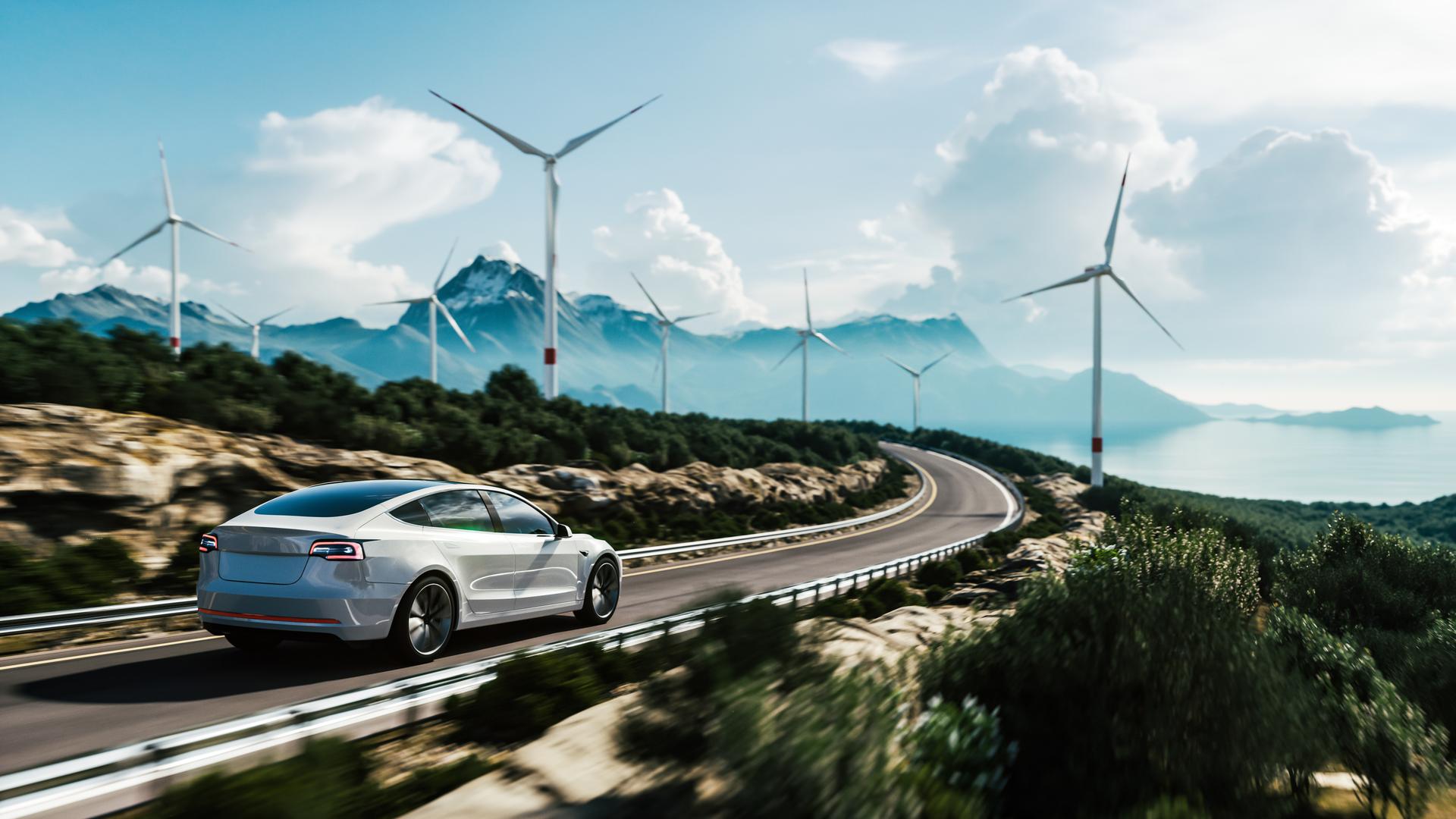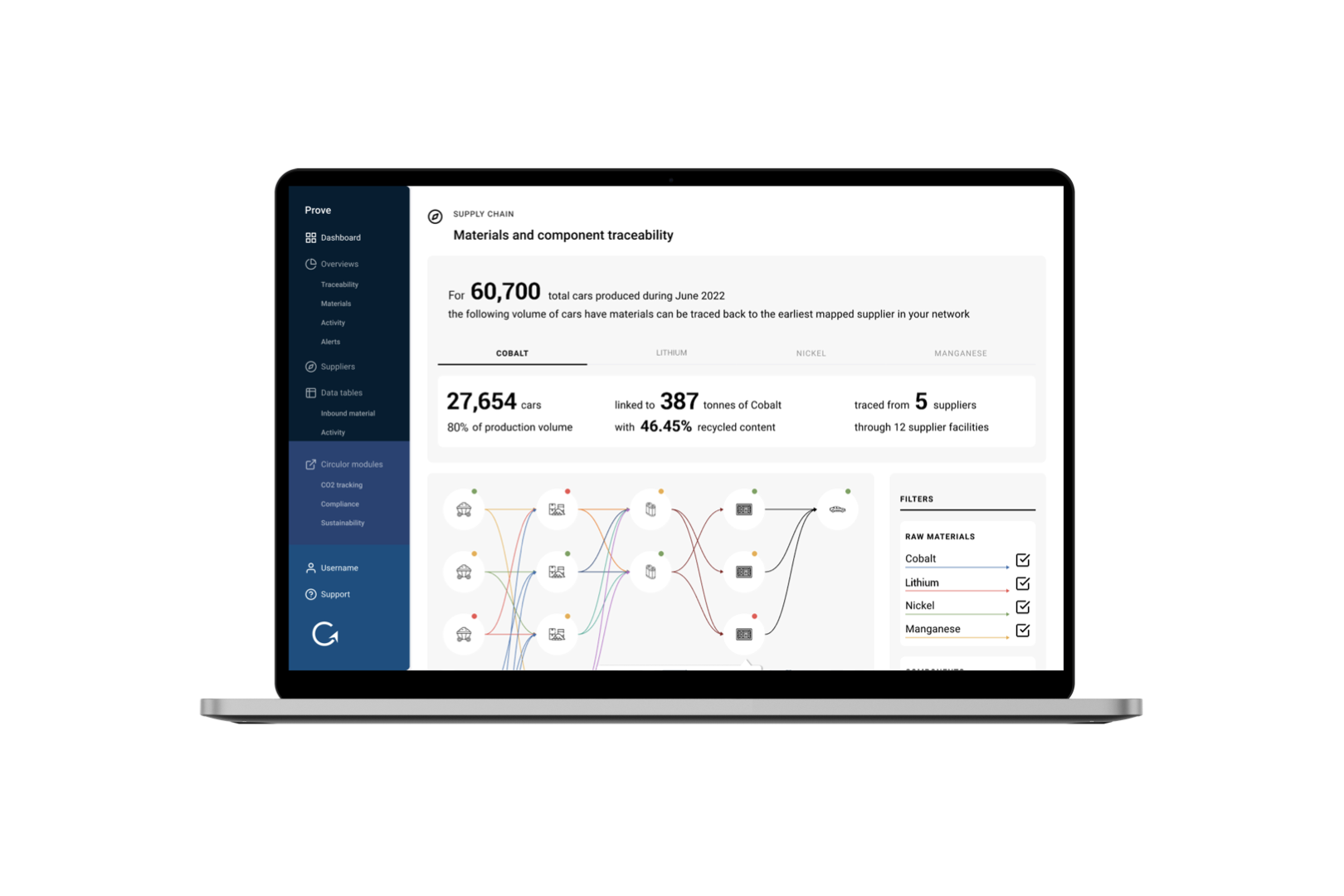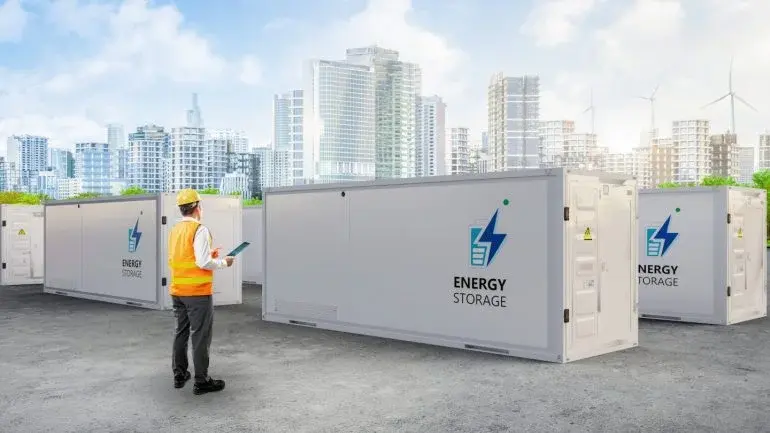
27.03.2024
News
March 2024 Newsletter: In a growing EV market, differentiation through responsible sourcing is a strategic opportunity
With this growth and increasingly competitive pricing arena, as both established automakers and new entrants vie for market share, EV manufacturers recognize responsible sourcing as the strategy for product differentiation. Take Polestar, for example, who are emphasizing transparency and ethical practices throughout their supply chains. By scrutinizing raw material extraction and manufacturing processes to ensure responsible practices, whilst sourcing materials sustainably to safeguard fair labor practices, manufacturers build trust with environmentally conscious consumers and investors.
Responsible sourcing extends beyond materials into energy consumption during production and circularity. We’re seeing EV manufacturers investing in renewable energy sources for their factories and assembly lines to minimize their carbon footprint, and reusing components and recycled materials to minimize waste and promote a circular economy.
However, the key factor is being able to prove responsible sourcing and sustainable practices throughout the supply chain through an experienced, credible, and independent third-party service provider. Leveraging a scalable platform, extensive network and cross-industry collaborations is an efficient way to establish truly transparent, sustainable and circular supply chains, thus providing the sought-after differentiation EV manufacturers are looking for.
In this rapidly evolving market, it’s clear that the winners will be those who think ahead and embrace environmental monitoring and traceability, comply with regulations, and prioritize responsible practices to thrive in the landscape of 2024.
We look forward to continuing to bring you these global insights here, as well as on circulor.com and LinkedIn. More on the latest global traceability trends below.
What we're reading...
A tightening of emissions standards is expected to create an EV boom
The US Environmental Protection Agency (EPA) announced new tailpipe emissions regulations this month that aims to significantly cut down current emissions by up to 50% to tackle the climate crisis. Trellis Group reports that the EPA is also estimating that with the adoption of the rules, consumer use of EVs will increase, with 67% of new light-duty vehicles on the road in 2032 being electric, to tackle the climate crisis. The EPA is also estimating that with the adoption of the rules, consumer use of EVs will increase, with 67% of new light-duty vehicles on the road in 2032 being electric.
UK to home battery factories for both Tata and EVE Energy
Indian conglomerate Tata Group has confirmed Bridgwater in Somerset as the site of its new £4bn battery factory, which will bring about 4,000 jobs to the region. EVE Energy Storage Co., Ltd. is also understood to be in talks to construct a gigafactory, which could create up to 6,000 jobs in partnership with local councils and Coventry airport, where the plant will be located. As the UK and global car industry retools to produce electric cars, rather than polluting petrol or diesel alternatives, the batteries needed to propel these vehicles have become increasingly important.
Preparing for EU Battery Regulation in the lithium-ion supply chain
The new EU Battery Regulation affects not only battery producers but also upstream suppliers of battery materials like lithium, nickel, cobalt, and graphite. Miners and refiners of these materials will face increased scrutiny on their mining practices and will need robust due diligence procedures. Manufacturers will have to disclose the sources and impacts of raw materials used in batteries, emphasizing carbon footprint considerations, especially as performance classes and carbon footprint thresholds are introduced.
Nigeria to invest in a lithium battery factory
According to Punch Newspapers, the Nigerian Federal Government has unveiled plans to establish an indigenous lithium battery factory. Plans are underway to establish a lithium processing factory within Nigeria and a lithium repurposing factory. This move is designed to reduce Nigeria’s dependency on foreign production and foster the local manufacturing of vital energy storage components.
EU approves Corporate Sustainability Due Diligence Law
Forbes reports that the European Council has finally approved the Corporate Sustainability Due Diligence Directive (CSDDD). This directive mandates a sustainability due diligence standard for EU-based businesses and certain non-EU firms operating within the EU. It encompasses environmental issues, climate change, and human rights, extending responsibility to subsidiaries and supply chains. The directive now awaits approval from the European Parliament.
What we're sharing...
Navigating the ‘Build v Buy’ Dilemma
As organizations navigate the dilemma on whether to build an in-house traceability solution to collect, manage and analyze supply chain data, or work with a third-party solution provider, our latest blog highlights the exponential benefits of collaborating with Circulor - a neutral and independent actor - who operate at scale, globally. Read more.
Circulor + KPMG = A Powerful Combination
According to research by Verdantix, increasing the digitization of ESG and sustainability services to meet growing demands is facilitated by partnerships between consulting firms and software providers. Through Circulor’s collaboration with KPMG, we empower businesses with enhanced visibility into their upstream supply chain activities. This partnership signifies our joint commitment to providing comprehensive solutions that not only meet but exceed customer demands. Read more.
Circulor’s Guide to Battery Passports
Digital battery passports – a regulatory requirement due by February 2027 - collate, store and display information of an individual battery across the entire life cycle. As a pioneer of traceability for upstream minerals and battery passport - with the largest network of battery suppliers anywhere on our platform - download Circulor's Battery Passport guide to learn more about how our industry-leading solution can retrieve the primary data needed from supply chains and help meet the EU Battery Regulation. Read more.






![Acculon RA Circulor - website image.001[44].png](/_next/image?url=https%3A%2F%2Fdecisive-wonder-fa24533282.media.strapiapp.com%2FAcculon_RA_Circulor_website_image_001_44_2720fb315d.png&w=1920&q=75)



